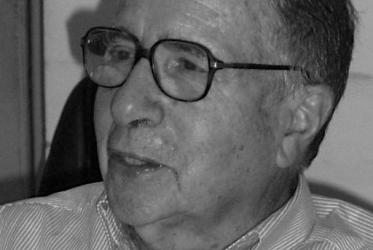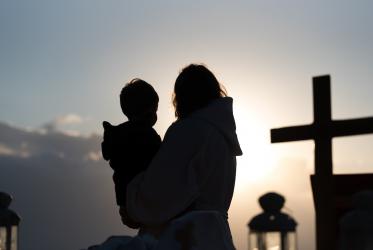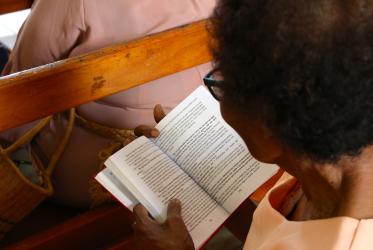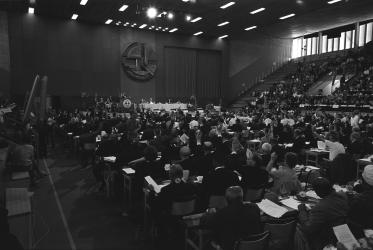Displaying 21 - 40 of 87
23 November 2020
Thomas Kang: “Hope is what moves Christians”
21 August 2020
“Pray at home” an ecumenical call in Brazil
09 April 2020
WCC mourns the passing of Rev. Pablo Sosa
15 January 2020
Chilean crisis sparks churches’ alarm and concern
24 October 2019
Faltering Colombian peace process needs urgent work
07 June 2019
WCC mourns passing of Nelly Ritchie
23 December 2018
WCC Eco-School encourages youth to become eco-ambassadors
08 November 2018
#WCC70: From ecumenical seeds
11 September 2018














